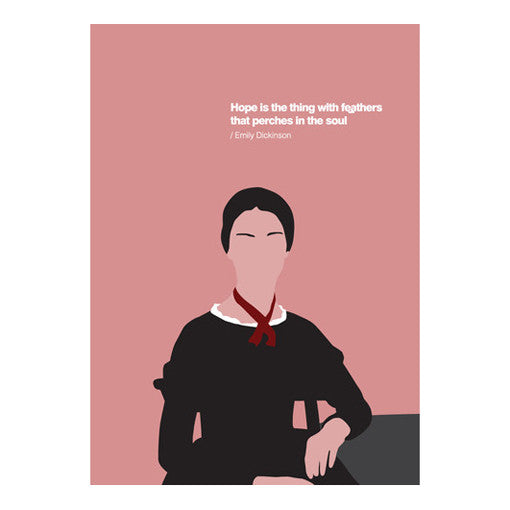
Hola, Gringo.
Hola, Snake. I see you have a friend.

This is my cousin the Anaconda.
Hola, Señor Anaconda. Como esta?
I am well. But I am a lady anaconda.
I’m sorry. I could not tell.
It’s okay. I only care as long as another anaconda can tell.
So you have finished your time in Pilchi?
Si. I am back in Quito and then will leave Ecuador.
How did you you find your stay in the jungle?
Mi gusta. The p eople in Pilchi were very friendly and welcoming. They respected and appreciated me.
eople in Pilchi were very friendly and welcoming. They respected and appreciated me.
My friend and colleague Pauli and her team are doing a great job building a settlement for the medical brigade coming to the village in February and for subsequent volunteers.
Didn’t you miss Facebook and Snapchat and constant news of every little tiny thing?
I felt peaceful and happy living basic life in the jungle. I played my harmonica, shared chicha with Maxi the community leader and its members.
I canoed in the lagoon with Pauli and our guide Raul. I joked in bad Spanish with Selso, Julio and their sons.
 Did you see any wildlife? – Assuming that playing your harmonica, drinking chicha and joking with your compadres in a language you barely know is not wild enough.
Did you see any wildlife? – Assuming that playing your harmonica, drinking chicha and joking with your compadres in a language you barely know is not wild enough.
In the lagoon we saw river otters, turtles and many birds.
You did not fall in I hope?
 I stayed entirely in the canoe. No scuba diving. I heard there are piranha and anaconda – no offense Mama Anaconda.
I stayed entirely in the canoe. No scuba diving. I heard there are piranha and anaconda – no offense Mama Anaconda.
None taken, lindo gringo.
Hmm. I think Mama Anaconda likes you.
I hope not for lunch.
I’ve just eaten, thank you.
Pirhaha are little fish with an overbite and a big opinion of themselves. They think they scare everyone. They scare themselves looking in a mirror because they are so ugly. You should be much more scared of the caiman.
I did not know there were caiman here. What is a caiman?
A relative of the alligator. Their eyes glow red at night. Definitely not a sailor’s delight.
Yes. Pauli said they lurk beneath the path on the way to the villiage from the Rio Napa in the swamp where Mama Anaconda lives. She and Mama Anaconda are friends.
 I thought you said su amiga Pauli the witch does not like snakes.
I thought you said su amiga Pauli the witch does not like snakes.
There are exceptions to everything.
Si. Señora bruja brings me agouti and capybera to the swamp. She has a salad. We have lunch and gossip about Rumpiado Serpiente Corazon de Amazonas — a telenovela of cold-blooded jungle love. We also talk about our children and share advice and sympathy. She is a good friend.
Buen provencha. Perhaps the snake charmed the witch.
It’s good to have a friend.
The rest of the world should get along so well.
What about the  compadres who work for Pauli on the Volunteer Village project. Do they get along?
compadres who work for Pauli on the Volunteer Village project. Do they get along?
There is a lot of respect and humor among them. There are always problems in projects, but they listen to her and get the job done.
Here is a picture of Julio at the work site, a skilled carpenter, mechanic and all around cool guy.
He looks okay for a human being.
Selso, the crew leader, el maestro, has a beard like the dense, dark Ecuadorian rain forest. He trims it with a machete. The government of Ecuador is thinking of making it a protected national park. His son has tattoos.
Nice ink. Though mine are better. Where did he get them done?

Quito.
The other muchacho on the crew has dark, luxurious hair which he combs often in case a linda chica shows up in the jungle.
Es lindo chico!
Okay, Mama Anaconda. I went to a tattoo conference in Quito once. I ate at a fast food restaurant and got a bad case of the runs. You can imagine what that does to a snake. You can keep your civilization. I’ll stick to agouti and capaberra in the jungle
How can a snake who does not have feet get the runs?
Ha. The gringo is a comedian.
Si. My two weeks in Ecuador have been well-spent. I can now tell a bad joke in Spanish.
Better than being one.
being one.
And la serpienta is a standup comedian even without legs. I’m sure I’ve provided entertainment to some people. If I return to Pilchi, fifty hectares of land and a wife are possibly waiting for me. I can have many children and all the yucca I can grow.
The gringo made an impression teaching the village kids, eating yucca and roasted worms and drinking chicha. So what are you waiting for? Go. They will call you ‘professor yucca’.
My friends and colleagues at home would think I’m crazy.
People where you live spend their time arguing on Facebook, talking into their handheld devices and typing on little tiny keys. Here Mama Anaconda talks to your friend the witch in the swamp who loves the jungle and names her car Vladimiro. What is crazy?
 It’s good to have friends who understand and appreciate you wherever they are. Chevre. Chao.
It’s good to have friends who understand and appreciate you wherever they are. Chevre. Chao.
— CDL






















